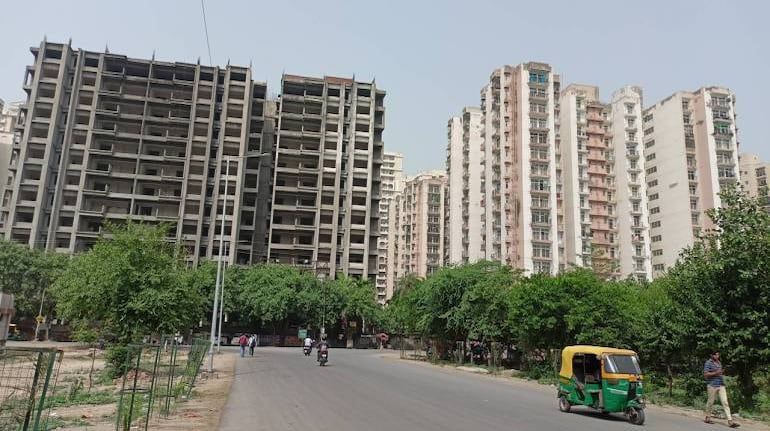



Leasing of residential apartments to corporates or persons registered under GST will now be subject to Goods and Services Tax (GST). The conundrum around taxability has been decrypted below by answering some of the key questions.
What is the change in the taxability of renting property?
Before July 2022, GST was not applicable on leasing of residential property, although levied at 18 percent on leasing of commercial property. From 1 July 2022, GST will be payable on renting residential property to a person registered under the GST legislation. GST would continue to be exempt if rented to an unregistered person.
Would the lessor be required to get registered and pay GST on renting residential property?
GST on renting residential property to a registered person is payable under the reverse charge mechanism, i.e., the lessee (registered person) will be responsible to collect and deposit GST with the government account. The lessor is not required to get registered under GST merely on account of renting residential accommodation.
Is there any liability on the lessee to ensure that the lessor is registered under GST or not?
Since GST is payable under the reverse charge mechanism, there is no liability on the lessee to ensure or verify the GST registration of the lessor.
Is the lessee required to pay tax even if the lessor is registered under GST?
Payment of tax under the reverse charge mechanism means that the person receiving the service is required to pay tax. In such a situation, it does not matter whether the service provider is registered or not. On leasing of residential premises, GST is payable by the recipient of service even if the service provider is registered.
Would input tax credit be available for GST paid on renting of residential property?
If the residential dwelling is used as a guest/transit house, the credit is eligible since the same is used for business purposes and not for personal use by employees. However, where such dwelling is used as company leased accommodation or bachelor’s accommodation (without recovery), the credit is likely to get restricted under Section 17(5)(g).
Should GST be paid on new leases, or also on existing leases?
GST liability will arise as per the time of supply provided under the GST legislation. In the case of reverse charge, the time of supply is the date of payment or 60 days from the date of invoice, whichever is earlier. GST will be required to be paid on the new lease as well as the existing lease basis of the time of supply.
How will it impact the lessor and lessee?
If the input tax credit is not available, the rental cost for the lessee will increase by 18 percent. The lessors on the other hand will not be required to do GST-related compliance. Considering the cost may increase to lessees, they are likely to re-negotiate the rentals on the existing leases.
The impact of this amendment will be felt mainly by corporates as they are usually registered, lessees. This will increase the overall overheads to companies and might push them to negotiate harder on rentals with a likely impact of an overall reduction in rental prices. We may see a declining trend in corporate leases for the accommodation of employees or companies may even be seen recovering the additional cost from the employees.
Going forward, companies may also explore the possibility of the lease being taken by the employee and reimbursed by the company. In such a situation, GST will not be payable. However, companies may have to tweak the compensation structure considering the income tax implications.
Would GST be payable if the residential property is used as guest house?
As long the residential dwelling is rented, the tax liability should be under the reverse charge mechanism.
If an individual registered under GST leases a residential property, would he/she be required to pay GST?
GST would be payable only if the residential property is being used for business purposes and is considered a business expenditure by an individual. However, if the property is used purely for personal use, then GST would not be applicable, and it should be considered as rent by an unregistered person.
(Views expressed are personal)
Discover the latest Business News, Sensex, and Nifty updates. Obtain Personal Finance insights, tax queries, and expert opinions on Moneycontrol or download the Moneycontrol App to stay updated!
Find the best of Al News in one place, specially curated for you every weekend.
Stay on top of the latest tech trends and biggest startup news.